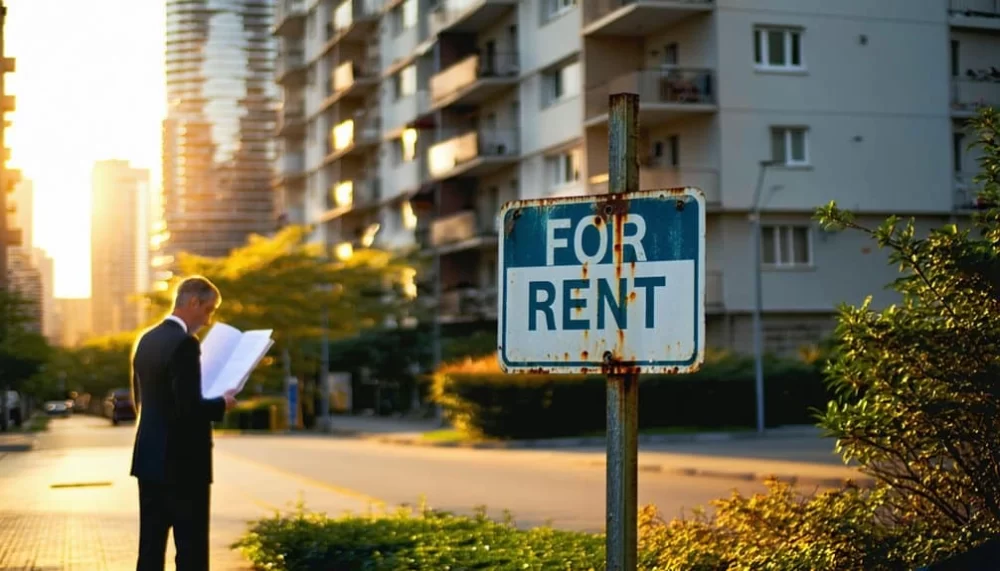
- overview-rent-control-expansion-laws
- historical-context-rent-control
- key-provisions-in-new-laws
- impact-on-tenants-and-landlords
- regional-differences-in-rent-control
- legal-advice-and-resources
Overview of Rent Control Expansion Laws
Rent control expansion laws are a response to growing concerns about housing affordability and tenant protections across many U.S. cities. These laws aim to extend rent regulation policies to more properties and increase safeguards against sharp rent increases. Understanding the scope and implications of these laws is essential for tenants, landlords, and legal professionals alike.
In recent years, legislative bodies have moved to broaden the reach of rent control beyond traditional limits, affecting a wider portion of the rental market. This expansion brings both opportunities and challenges for those involved in the housing sector.
Historical Context of Rent Control
Rent control has been a contentious issue since its emergence in the early 20th century. Initially designed to protect tenants during housing shortages and economic instability, rent control laws have varied widely in application and effectiveness. Over time, debates have centered around balancing tenant affordability with landlord rights and property investment incentives.
The recent expansions mark a new chapter, reflecting shifting public priorities and political will to address housing crises more aggressively.
Key Provisions in Recent Rent Control Expansion Laws
New rent control laws often include provisions such as limiting annual rent increases, extending protections to previously exempt properties, and enhancing eviction protections. For example, some expansions lower the threshold of units covered or include stricter regulations on short-term rentals.
These provisions seek to create a more equitable rental market, although their complexity requires careful analysis to fully grasp the legal ramifications.
Impact on Tenants and Landlords
For tenants, rent control expansions typically mean greater stability and protection from sudden rent hikes. However, landlords face tighter regulations, which may affect profitability and investment decisions. Some landlords argue that expanded rent control discourages maintenance and new construction, while tenants emphasize the necessity for affordable housing safeguards.
Understanding these perspectives is key to navigating the changing landscape effectively.
Regional Differences in Rent Control Laws
Rent control policies vary greatly by state and municipality, with places like California and New York leading expansive regulations, while other states maintain minimal or no rent control. These regional differences influence local housing markets uniquely and require localized legal advice for both tenants and landlords.
Awareness of local laws is crucial to compliance and rights protection.
Legal Advice and Resources for Navigating Rent Control
Given the complexity and evolving nature of rent control expansion laws, seeking professional legal counsel is highly recommended. Firms such as ESPLawyers specialize in landlord-tenant law and can provide guidance tailored to specific situations, helping clients understand their rights and responsibilities.
Whether you are a tenant needing protection or a landlord adjusting to new regulations, expert advice can make a significant difference in outcomes.








